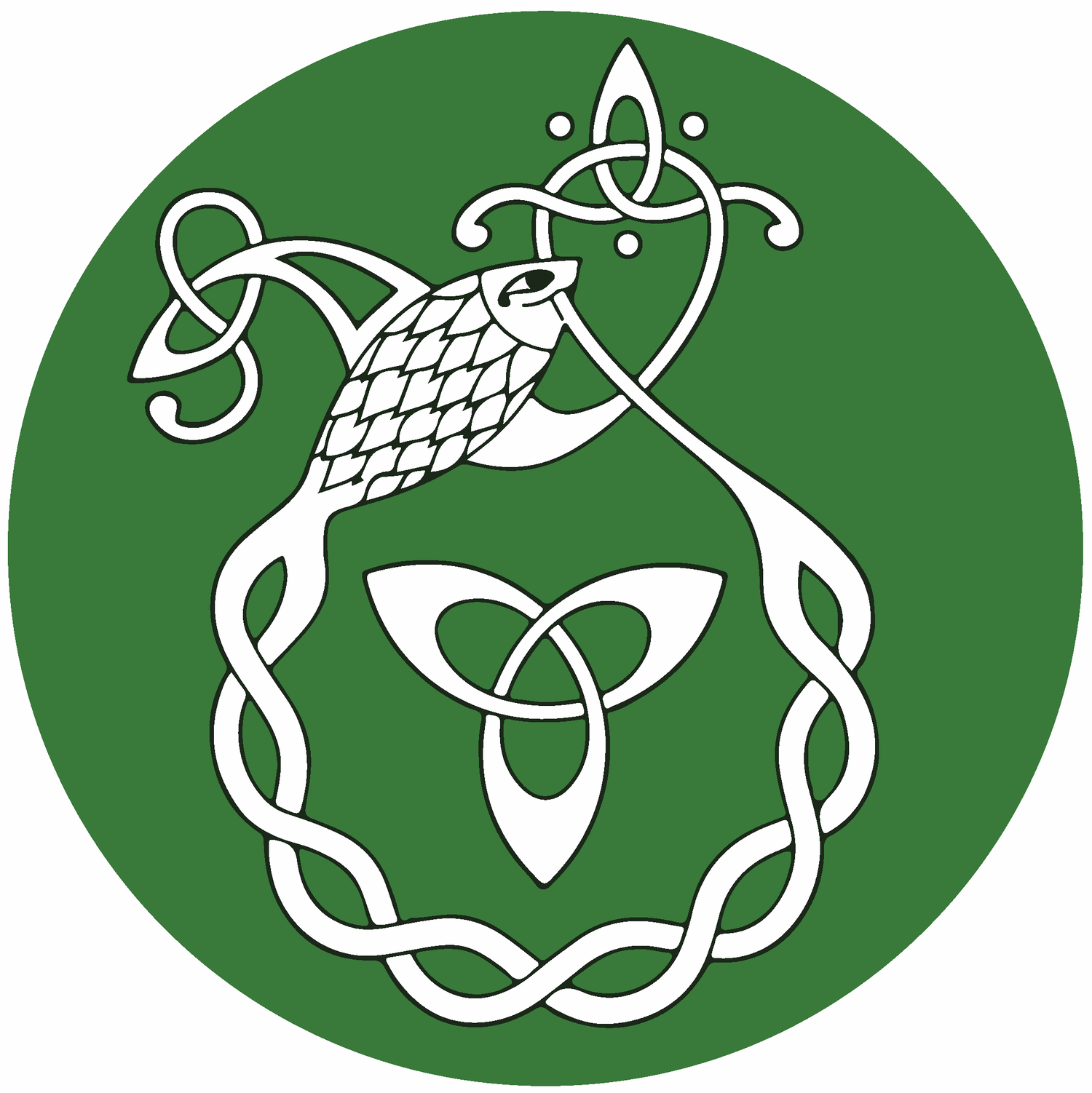Maidin Lae Phádraig (1863)
Uilleam Ruisséal, composed in Buckingham, Québec
At the time of this poem, the Fenian Raids coming from the United States sought to conquer Canada and hold it ransom for Ireland’s freedom from Britain. The poem shows that he strongly supported the Fenian movement and it should be read bearing this in mind.
A fhíorchlanna Gaeil Glais dhon tsaorfhuil ba chalma
Laochas a ndearg túis baoil,
Le ’r taitneamh trom cúrach na doirse seo bhriseadh,
Le ’r cealg síol dána a raibh Éire;
‘Nois deiníg’ ar namhaid, is preabaíg’ sa ngliadh
Nuair a bhfuil saoire ná dualgas le fáil,
Is sásta le beatha do scapadh g’ mhoill,
Glacaíg’ bhur n-airm is dearbhaíg’ díoltas,
Do dheana ar aicme le cealg a chloígh sibh,
Is gléasfar bhur malaí ‘r duilliú na saoirse,
Go buach ar maidin lae Phádraig.
Oh true green Gaels of free blood most brave
Of true valour at dangers start
With your heavy frothing desire these doors to break
With your blade noble descendants of Ireland
Now make for the enemy, and leap into the battle
When freedom or natural right are to be had
And happiness of life to disperse without delay
Take up your arms and claim your vengeance
To be done on that tribe that conquered you by treachery
And your brows will be adorned with the wreaths of freedom
Victoriously on St. Patrick’s Day Morning
Cé fada tá Gaelaibh ag Gallaibh dá dtraochadh
Faoi dheara a gcruabhroid á achrách tláith
Beidh bun ‘r na mbua roimis le pearsa na mbuaireamh
Na buailteoirí á mbualadh ‘r fuinneamh a dtnáith
Is inniu tá bhur gcrua an luisne chun bua,
Breith ar shlua namhad bhur ndíl-inis bhláth,
Tuigíg’ g’ bhfuil lonradh na treise do ghnáith,
Is conradh na gaisce ‘s fíorchlanna saoithe,
Do léimfeadh san spairn is do ghoinfeadh a gclaimhte,
Á dtreas na gcrua-arm sa gcaismirt na saoirse,
‘R mhisneach ar maidin lae Phádraig.
How long are the Gaels by the foreigners distressed
Causing their brutal hardship being grinded weak
A beginning of victories will be before the anguished person
The victors being beaten by the force of their weakness
And today your hardship are the flush of victory
Catch upon the enemies of your loyal, gentle island,
Understand that the radiance of power is for your companions,
And the league of warriors and true descendants of wise men
That would leap into the struggle and would thrust their swords
Their lines of hardened army in the battle for freedom
With courage on St. Patrick’s Day Morning
Anois ar son Banba, a chlanna na dtréan
Ionsaíg’ bhur namhaid go hallta
Is deargaíg’ sleasa bhur lanna ‘s bhur sléa
Le fuil gach claonshladaire fallsa
Is tógaíg’ a’ tsnua ghal gréine na mbua –
An rí-bhratach uaine dhon tsuaitheantas sróil,
Is dílis do Chríost is do thír an bhinncheoil,
‘Nois saoraíg’ ó dhaorsmacht a rith Sacsa’ na dtóinigh,
An ghasra Ghaelach, d’fhíorfhéith na honóra,
Nó titigí traochta le créachta na glóire,
‘N ‘ur saorfhir ar maidin lae Phádraig!
Now for the sake of ancient Ireland, oh descendants of the strong
Attack your enemy wildly
And redden the blades of your swords and your spear
With the blood of each lying, unjust ravager
And take the appearance of the Fenian flag of victory -
The kingly flag of bright green for the emblem of satin,
And loyal to Christ and to the country of the sweet music,
Now make free from the enslavement of England of the Asses,
Oh young Gaels, of the true strength of honour,
Or fall exhausted in glorious ruination
As free men on St. Patrick’s Day Morning!
For citation, please use: Ruisséal, Uilleam. 1863. “Maidin Lae Phádraig.” Ó Dubhghaill, Dónall. 2024. Na Gaeil san Áit Ró-Fhuar. Gaeltacht an Oileáin Úir: www.gaeilge.ca
Adapted from: The Irish American. 1863 (21 March). New York: Lynch, Cole & Co. See the original here.

